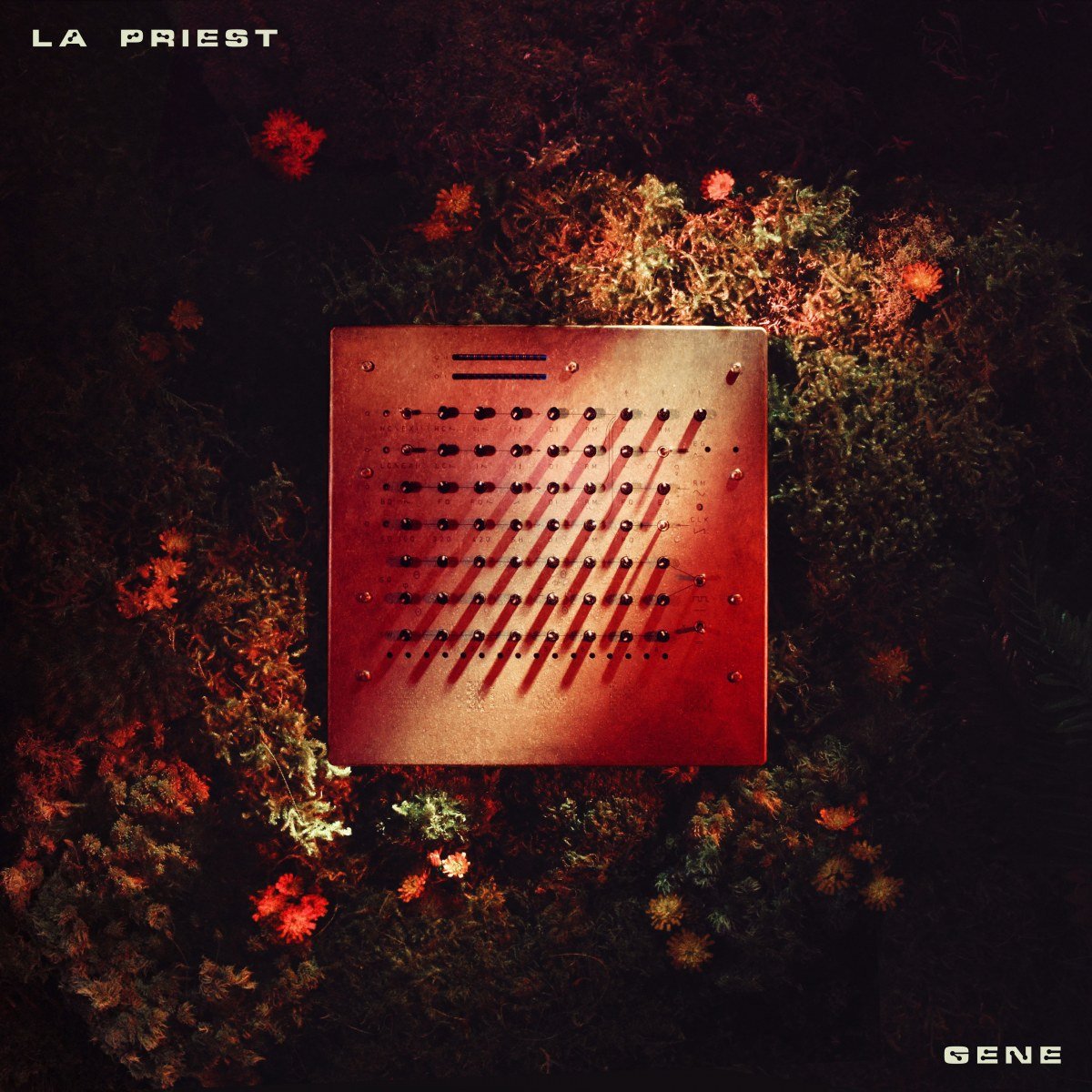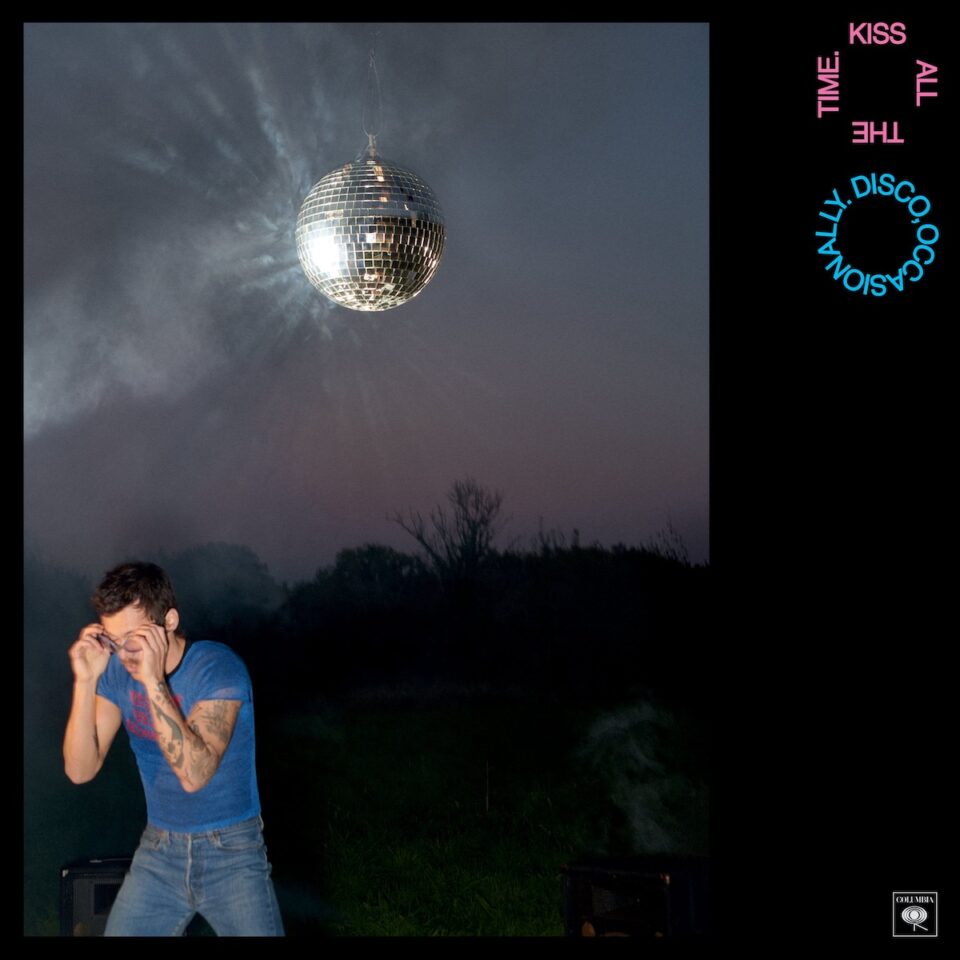LA Priest
GENE
DOMINO
7/10
After wrapping work on his last album, 2015’s funk-laden Inji, LA Priest mastermind and ex-Late of the Pier frontman Sam Eastgate craved an upgrade. He was convinced the sounds and textures he daydreamed for his next album couldn’t emerge from his on-hand instruments. So for months, Eastgate went to work. Across Wales, California, and England, he assembled a specialized apparatus: an analogue drum machine named GENE. “When you're working on something for nearly a year,” he told Dazed, “it feels like you’re just in purgatory.” After GENE’s completion, that long labor was put to the test. The newest LA Priest album bears the machine’s namesake. Call it a self-titled record.
GENE, Eastgate’s sophomore album, is not as upfront as its predecessor. Inji was an unapologetically groovy project. Its influences jangled like gold bracelets—Eastgate’s Prince-like crooning, the Unknown Mortal Orchestra–condensed guitars. Yet, these combos yielded something unmistakably LA Priest: lean, shimmering swagger. GENE, five years later, bears similar DNA with some twists.
Album opener “Beginning” has the flirty, bouncing guitar and synth plops that one would expect from an LA Priest single. Eastgate’s sultry layered vocals and opaque lyrics—“To shift this fiery, fiery petal it is all I bet she want”—feels like an abstract painting shimmying out of the canvas. “What Moves,” a cryptic, slinky tune about self-reflection, extends the trend. The rubbery chords make you want to move, but the eerie panting whispers on the bridge that “it ain’t about your body” keep attention seized. It’s this liminal vibe—carefree in the cabana, a storm encroaching on the coast—where GENE thrives.
“Rubber Sky” is perhaps the best example of this. The muted strums and lovesick lyrics have a comforting, oceanic flavor. When the song dispatches its tar-black bass rhythms and sour guitar, it levitates. It’s the strangest but most satisfying of arcs on the album. It’s an extension of the hip-swaying pop jams Eastgate made the LA Priest name on with a clearer voice and stranger backstory.
There’s a stark gradient shift in GENE’s back half. The sunny guitars are replaced with grim, squelching synths. The nautical ambience wanes into rainy terrain. There’s nothing wrong with a pop album bait-and-switch. In fact, there are moments of brilliance on GENE’s darker portion. The bongos that open “Monochrome” sound like the beginning of a blindfold-mandatory fireside ritual. The warbling guitar on “Kissing of the Weeds” is chilling. But the experimentations sometimes stumble into indulgence. The dissonant plucks and awkward rhythmic pauses on “Black Smoke,” for example, shove the track’s momentum flat on its face. “Ain’t No Love Affair” subjects us to unflattering feedback, wailing synths, and unwieldy electronic clutter. These songs force senses of dread without earning them.
Where the initial songs had strong melodic structure and jolting charisma, others feel simultaneously undercooked and overly fussed-over. Still, the album is frequently a mystifying listen from start to finish. Like the drum machine itself, GENE is a bit overwrought. Still, good luck finding much else like it.







